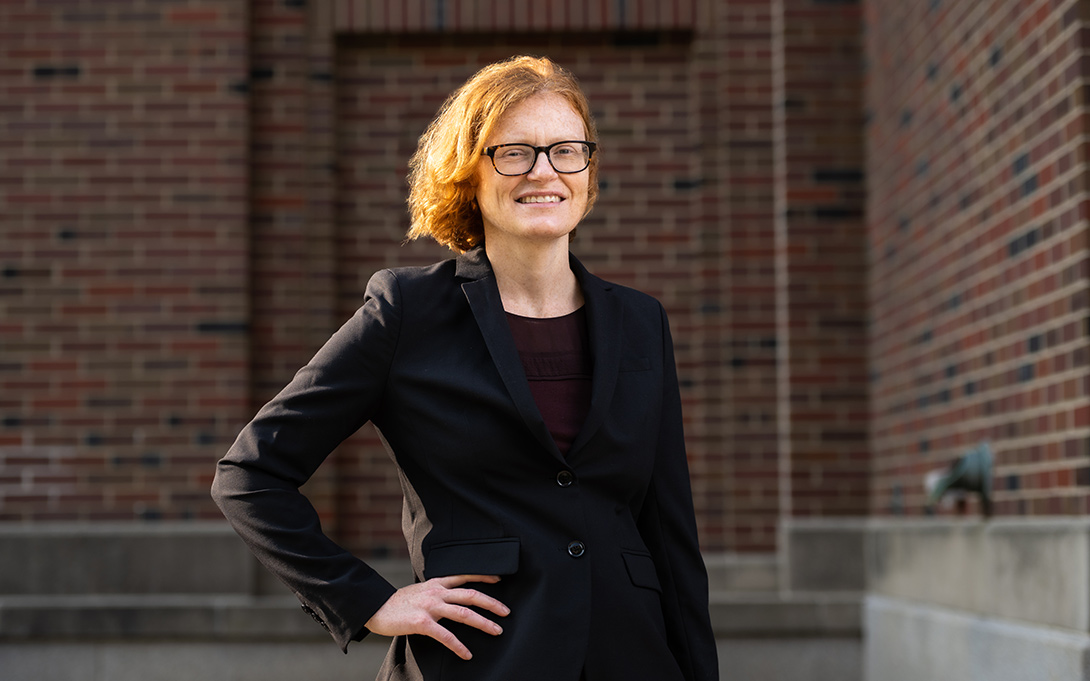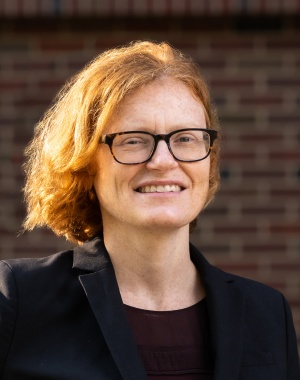
How has the COVID-19 pandemic impacted younger students’ learning experiences? In this episode of Michigan Minds, Christina Weiland, Ed.D., associate professor at the School of Education and by courtesy at the Ford School of Public Policy, dives into the academic disruptions caused by the pandemic on young learners and shares strategies to help prepare for the upcoming school year.
Weiland’s research focuses on early childhood, specifically ages 0 to 8. She examines the policies and interventions that best promote positive development during those critical years.
Weiland says that while children have been impacted by their pandemic, as has their learning, kids in that age group are resilient. “But resiliency does have its limits, of course. Young kids have been in a situation where they’re less at risk in terms of the detrimental health effects that older Americans are experiencing, especially the unvaccinated, but they can transmit the virus and their learning centers have had to implement safety precautions that have changed the ways in which they interact in classrooms,” she says.
Weiland and a team of researchers recently released a policy brief on the academic disruptions the pandemic has caused and the effects they have had. She says that as researchers, they realized early on that a ‘new normal’ was happening; they knew they needed to document the transition to remote learning and understand what was going on so they could meet the news of students and teachers. They studied the effects of the crisis to determine what needed to be done to meet students’ learning needs, and to address the setbacks that are being seen in the data nationally.
One of the things that surprised Weiland and her fellow researchers was just how consistent the results were.
“We know that pretty consistently across the country, this was a system that wasn’t doing well before the pandemic, and this really exposed the fragilities in the system. A really big takeaway here is that we have long been behind peer nations, especially from [ages] zero to five, on having a system that is fair, equitable, and that supports the needs of working parents in this area. Hopefully we are now in a place where the crisis has exposed how important this sector is to our society and the public demand will be there for finally pivoting to build the system that our families and our kids deserve.”
Weiland closes the conversation with a hopeful note, and says that what has been learned from the pandemic could also be applied more broadly to education, especially the ways the virtual option can help with connecting to families. She says virtual connections between educators and parents may make it easier for more families to engage with their children’s learning experiences.
More about this
Originally written and published by U-M Public Engagement here.
